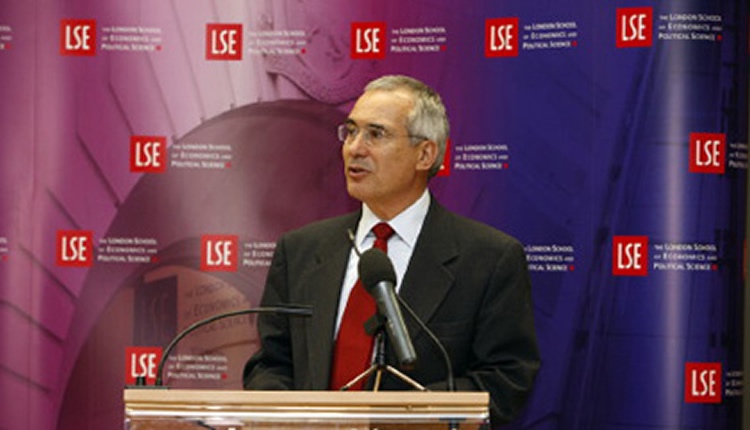Lord Nicholas Stern responds to final COP26 decision

Professor Lord Nicholas Stern, Chair of the Grantham Research Institute on Climate Change and the Environment at the London School of Economics and Political Science, said:
“The preparation for this COP session, and the summit itself have brought very important advances that are not formally part of the negotiations. They have focused the world’s attention on the importance and urgency of limiting warming to 1.5 Celsius degrees, and achieving net zero emissions by the middle of this century. They have also drawn attention to the great opportunities arising from a different form of development, stronger, cleaner, more efficient, more resilient and more inclusive. The Glasgow Breakthroughs on power, road transport, steel, hydrogen and agriculture have set ambitious targets for 2030 that, remarkably, include China, India, the European Union and the United States among the signatories. They seek to make clean and green production competitive in all these areas by 2030. Indeed, they already are in many of them. And the United States and China, the two biggest emitters, have also pledged to work together on climate, notwithstanding the deep and serious differences between them on other issues.
“There have also been major initiatives on deforestation and on controlling methane. We have seen some key countries, including India, South Africa and Vietnam, set out their commitment to a new form of development. In each case these countries are set to follow their own paths, but in each case they are charting a future that is much more sustainable than the past. In all these cases, and in many other countries, there is an understanding of the need to manage the dislocations arising from the zero-carbon transition in a just way, while also seizing the new opportunities offered by the industries of the future.
“The Glasgow Pact itself is a major step forward which charts a future for increasing finance from developed to developing countries, doubling of adaptation finance, and on finance in general for adaptation, mitigation and sustainable development. It recognises the very severe pressure that many parts of the developing world are already under as a result of climate change impacts that already here and coming. It also acknowledges the great new opportunities for developing in a much more attractive way, including greater resource productivity and natural capital. It also draws in the importance of ecosystems and biodiversity into the discussions on climate change.
“Crucially, the Glasgow Pact explicitly includes for the first time in a decision from a COP the importance of phasing down of unabated coal power and phasing out inefficient subsidies for fossil fuels in order to accelerate cuts in greenhouse gas emissions. The last-minute watering down of this statement is unfortunate but is unlikely to slow down a strong momentum past coal, a dirty fuel of an earlier era.
“Over the next 12 months there is critical and urgent work to be done to unleash key sources of finance: bilateral, multilateral, multilateral development banks, private sector, and innovative sources, including philanthropy, Special Drawing Rights from the International Monetary Fund, and voluntary carbon markets.
“Overall, COP26 has been a major step along the way, but it has still left us far short of the target of limiting warming to 1.5 Celsius degrees. That it is why it is so important that countries agree to put forward by the end of next year more ambitious pledges for emissions cuts by 2030. COP26 in Glasgow embodied a shared understanding of just how dangerous our current path is, and indeed the dangers of warming beyond 1.5 Celsius degrees. It is this understanding, together with a recognition of the tremendous opportunities now on offer from doing things differently and creating a new sustainable, inclusive and resilient economic path. There is so much work to do over the next 12 months ahead of COP27 in Egypt. The work on finance will be crucial to raising ambition. If we are slow to unlock the finance, we will be slow to raise the ambition.”

